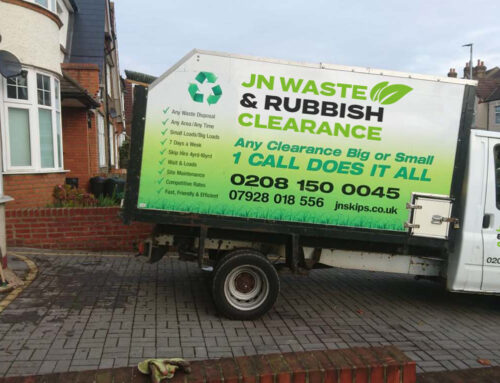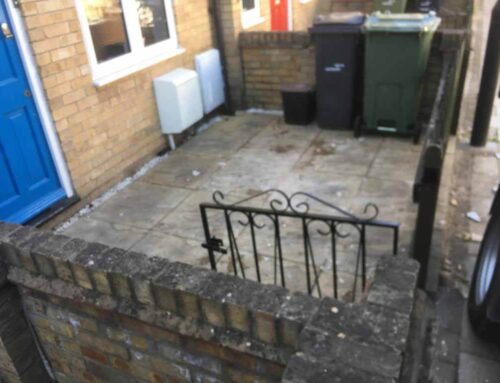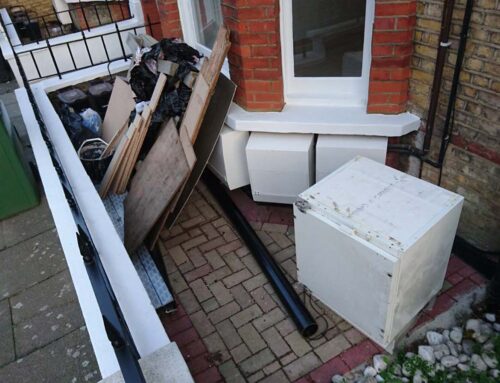Introduction
Navigating the complexities of skip hire costs is crucial for achieving efficient waste management without overextending your budget. Adopting strategic approaches makes it possible to significantly reduce expenses associated with skip-hire while still upholding high service standards and environmental stewardship. JN Waste, a pioneer in the waste management sector, shares invaluable tips on economic hire costs without compromising on quality or responsibility towards the environment. So Rubbish Removal in Croydon provides you the same Service with same quality.
1. Accurately Assess Your Waste
An accurate evaluation of the volume and type of waste you must dispose of is essential. This assessment helps select the most suitable skip size, avoiding the unnecessary expense of hiring a skip larger than your requirements. It’s a balance between estimating your needs accurately and allowing a small margin for error to prevent the additional cost and hassle of hiring a second skip.
2. Choose the Right Skip Size
Selecting the correct skip size is more nuanced than simply estimating waste volume. A skip that’s too small might seem cost-effective initially but can be more expensive if you need to hire another one. In contrast, a slightly larger skip accommodates all your Garden waste Collection in Croydon in one go, which is more economical than multiple smaller skips. This approach ensures efficiency and cost-effectiveness in waste management.
3. Share with Neighbors
Collaborating with neighbours on a skip hire can be a smart way to reduce costs. If you and your neighbours are undertaking projects simultaneously, sharing a skip for your collective waste can halve or even quarter the costs, making it significantly more affordable for each party involved. This method fosters community spirit and promotes a collective approach to waste reduction.
4. Book in Advance
Securing your skip hire well in advance often results in better rates. Early booking lowers costs and gives you ample time to compare prices and services from different providers, ensuring you get the best deal. Planning thus becomes a key strategy in cost-saving.
5. Look for Special Deals
Many companies, including JN Waste, occasionally offer discounts or special deals for certain types of waste or bookings during quieter periods. It’s always worth inquiring about any available discounts that could make your skip hire more cost-effective. These deals can significantly reduce overall costs, especially for large-scale or long-term projects.
6. Recycle Before Hiring
Minimizing the amount of waste that goes into the skip by recycling beforehand can lead to needing a smaller skip size. Many items that might initially seem destined for the skip can be recycled, often for free, at local recycling centres. This not only helps in reducing the skip size needed but also contributes positively to environmental conservation efforts.
7. Negotiate on Price
Don’t hesitate to negotiate the price with your skip-hire provider. Many companies, including JN Waste, are open to negotiation, especially if it means matching or beating a competitor’s quote. Effective negotiation can yield substantial savings, particularly for large-scale or ongoing waste management needs.
8. Avoid Prohibited Items
Understanding which items are prohibited from being placed in a skip is crucial. Disposing of restricted items like hazardous waste or electrical items in skips can incur additional charges. Awareness of these restrictions can prevent unexpected fines and contribute to responsible waste management.
9. Use a Local Provider
Opting for a local skip hire company can offer savings on transportation costs. Local providers like JN Waste often have more competitive rates for local customers and can provide more flexible, timely service. Supporting local businesses also contributes to the local economy, making it a win-win situation.
10. Understand Permit Requirements
If you need to place the skip on public land, your local council requires a permit, which adds to the cost. Arranging for the skip to be placed on private property can eliminate the need for a permit, saving both money and time involved in acquiring the permit.
Conclusion
Managing waste effectively doesn’t necessarily mean incurring high costs. By implementing these expert tips from JN Waste, you can ensure that your skip hire is economical and efficient without sacrificing the quality of service or your commitment to environmental responsibility. These strategies help reduce skip-hire costs and promote sustainable waste management practices.






Leave A Comment